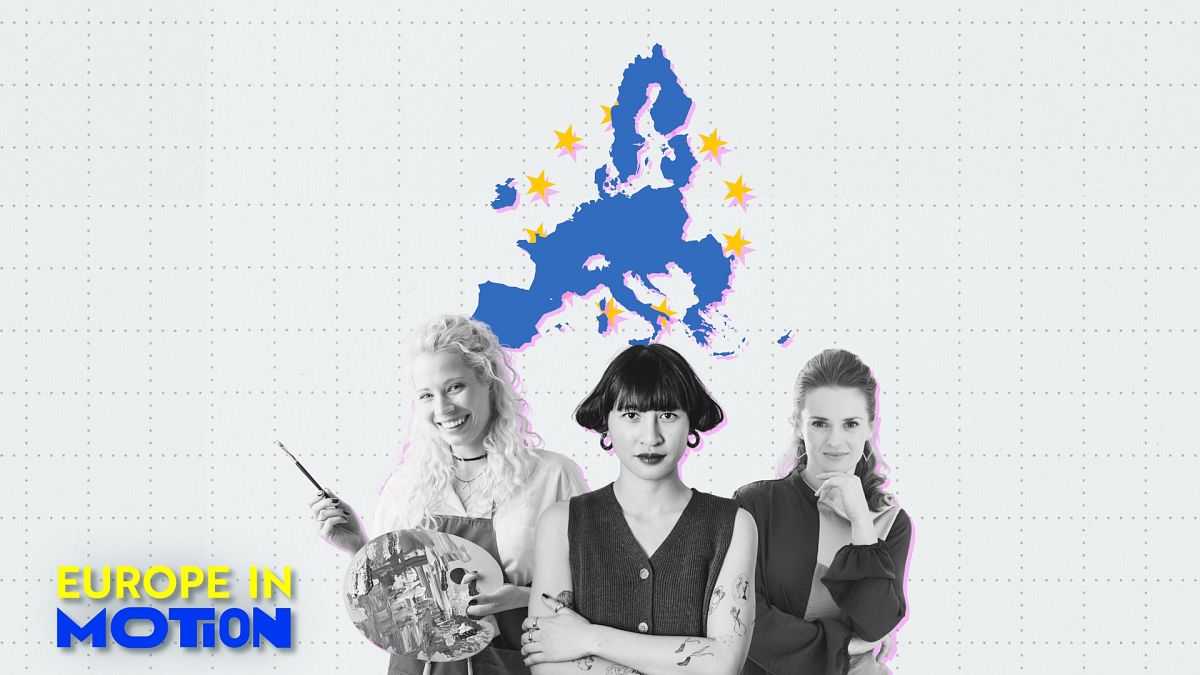

In recent years, the landscape of cultural employment within the European Union has been gradually shifting, with efforts toward gender equality showing promising signs. As of 2024, the gender gap in cultural employment has reached its lowest point in a decade. Women are increasingly participating in cultural sectors, though disparities remain in male-dominated roles, and wage discrepancies persist with men earning more than women in 26 member states. This development marks a significant step towards a more inclusive cultural workforce where equal opportunities are increasingly becoming the norm.
In Spain, the community of Torre-Pacheco recently faced unsettling disturbances, highlighting ongoing societal challenges related to migration and integration. Eight individuals were detained following clashes sparked by claims of violence involving a local resident and individuals of North African origin. The incident underscores the delicate nature of cultural assimilation and the importance of fostering a community dialogue rooted in empathy and understanding. These unfortunate events serve as a reminder of the resilience that communities must cultivate to navigate complex social dynamics peacefully.
Meanwhile, in Pamplona, the centuries-old tradition of the San Fermín festival continues to be a fascinating cultural spectacle, drawing participants globally. Yet, the gender participation gap remains evident, with only 6% of the approximately 4,000 runners being women. This statistic reveals that despite considerable social progress in many areas, traditional roles and perceptions continue to influence participation rates in some cultural events. Efforts to encourage broader inclusivity could enrich the tapestry of participants in such historical celebrations, promoting a more diverse cultural experience.
Moving further towards the Southern Hemisphere, a study in Australia highlights the prevalence of labor exploitation among young workers, a topic of growing concern. The research reveals that more than one-third of young employees experience exploitation, with practices such as wage theft, forbidden breaks, and alternative forms of compensation like food in place of pay being disturbingly common. These young workers, often at the beginning of their careers, may feel hesitant to report such injustices, fearing potential repercussions in an often-insecure job market. This situation emphasizes the need for increased awareness and advocacy to protect vulnerable workers and ensure fair working conditions for all.
Across these varied cultural landscapes, it becomes evident that while progress is being made, challenges remain. From bridging gender gaps in employment and ensuring ethnic harmony in communities, to protecting the rights of young workers, each presents opportunities for growth and empathy-driven change. As societies work toward more equitable and just environments, it is crucial to maintain a perspective of compassion and inclusivity, driving positive change for both current and future generations.
The journey towards a harmonious and equitable world requires the collective effort of individuals, communities, and nations. Embracing differences, supporting diversity, and advocating for justice are invaluable steps forward. Together, in the spirit of cooperation and understanding, the challenges of today can become the stepping stones for a more peaceful and impartial society tomorrow.
Source: {link}
